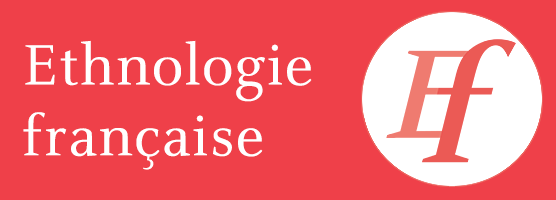Residue management. Waste, twenty years later
By Agnès Jeanjean
English
This paper highlights the ideological dimension of management in the sanitation sector. The example of a rural area shows how the new organization of work generates spatial transformations. The privatization of sewage, the competitive market and new information and communication technologies (management softwares, call centers) are transforming working collectives and knowledge. These changes affect the creation of order and cleanliness, transform local communities, territorial affiliations, and the geographical location of the inhabitants.
Keywords
- sewage
- work organisation
- standards
- spatial transformations
- know‑how
